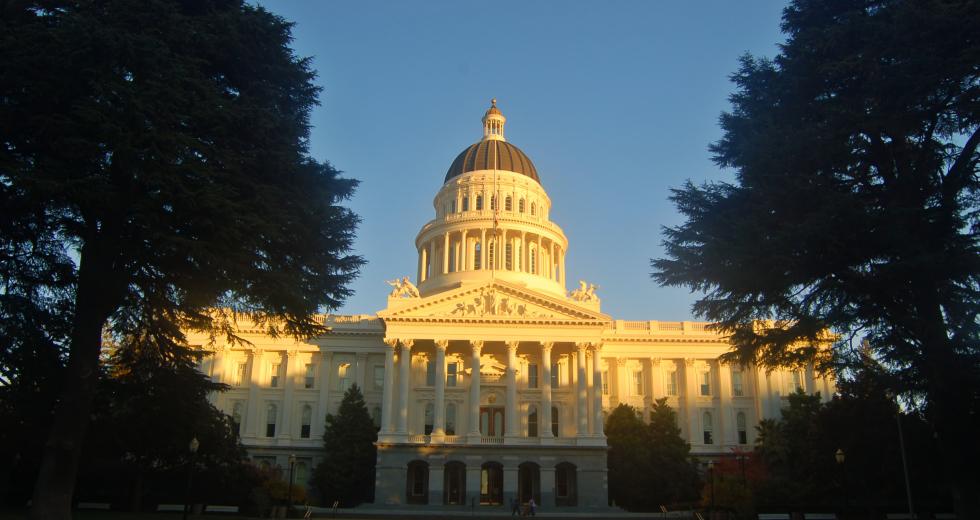California Governor Jerry Brown proposed a $123 billion general-fund spending plan for the next fiscal year, a 6 percent increase over the current budget and the largest ever as state coffers overflow with surging tax revenue.
The overall $171 billion budget plan for the fiscal year that begins July 1 includes $45 billion in special funds and $3.1 billion from bonds, according to Brown’s Department of Finance. The plan calls for boosting funding for education, health care, infrastructure and the state’s rainy-day fund.
Brown, a 77-year-old Democrat, has tempered state spending and used higher income and sales taxes to steer the world’s eighth-largest economy from persistent budget deficits to surpluses. He’s shored up reserves and paid down debt, resisting calls from fellow Democrats in the legislature to significantly boost funding for social programs.
“This budget relative to the budgets of the last decade and a half is in good shape,” Brown said at a news conference in Sacramento.
In June, Brown and lawmakers agreed to a $115.4 billion general-fund budget for the current fiscal year that put $1.9 billion into a new rainy-day fund and paid off an outstanding balance left from $15 billion in bonds sold under former Governor Arnold Schwarzenegger to cover its once chronic deficits.
Brown’s plan calls for adding $2 billion to the rainy-day fund, setting aside $740 million for the optional expansion of federal health-care reform and keeping tuition flat at the University of California and California State University.
Tax Increases
Debate over the budget will be shaped by proposals to extend temporary income-tax increases voters approved in 2012 at Brown’s behest. At the time, California faced a $9 billion shortfall, one in a run of deficits that exceeded $100 billion combined since 2007. The measure has added $15.2 billion to state coffers in the two budget years ending in June, according to data from the finance department.
Teacher and state-worker unions have launched campaigns to qualify statewide ballot initiatives to either extend the taxes through the next decade or make some permanent while raising the levy on the wealthy even more. They want to spend the money on schools and programs for the poor.
California bonds have rallied as budget improvements have boosted the state’s credit rating, once the lowest in the nation. A taxable California general-obligation bond maturing in 2039 traded for $1.47 on the dollar Thursday to yield 4.3 percent. It was first sold to investors in 2009 for $1.01 for a yield of 7.4 percent.



